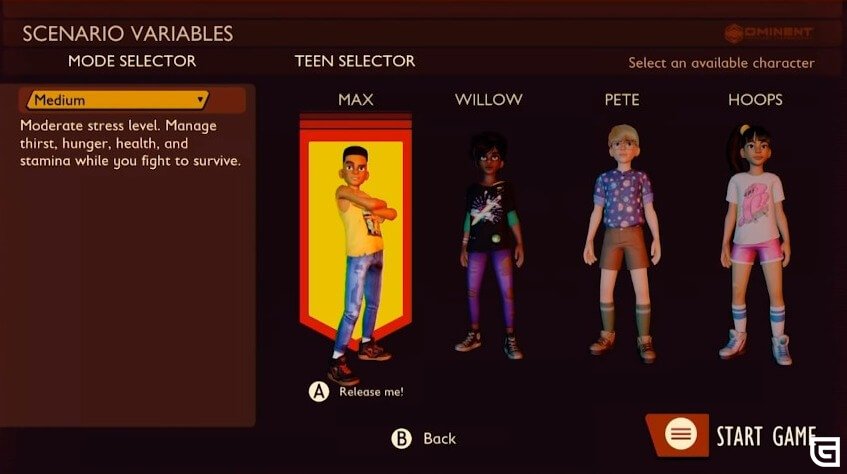
Gamified health apps developed in this way may have the potential to provide effective and low-cost health interventions in a wide range of clinical settings. Iterative, collaborative development using evidence-based behavior change techniques and gamification may help to make the game engaging and potentially effective. Results: Users found the app an engaging and motivating way to gain smoking cessation advice and a helpful distraction from smoking 84% (62/73) of smokers said they would play again and recommend it to a friend.Ĭonclusions: A dedicated gamified app to promote smoking cessation has the potential to modify smoking behavior and to deliver effective smoking cessation advice.

A total of 10 focus groups were conducted with 73 smokers. Methods: A systematic and iterative approach was adopted by (1) forming an expert multidisciplinary design team, (2) defining the problem and establishing user preferences, (3) incorporating the evidence base, (4) integrating gamification, (5) adding behavior change techniques, (6) forming a logic model, and (7) user testing. Objective: This study aimed to present a series of steps undertaken during the development of Cigbreak, a gamified smoking cessation health app. There is currently a lack of worked methodologies that app developers and health care professionals can follow to facilitate theoretically informed design of gamified health apps. However, digital interventions are still nascent in the field of health care, and optimum gamified methods of achieving health behavior change are still being investigated.

The rapid uptake of mobile phone games provides an unprecedented opportunity to reach large numbers of people and to influence a wide range of health-related behaviors.



 0 kommentar(er)
0 kommentar(er)
